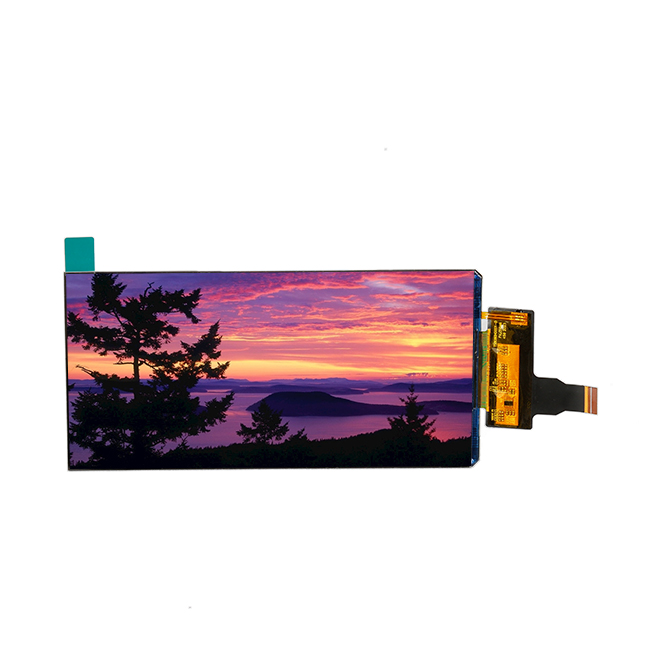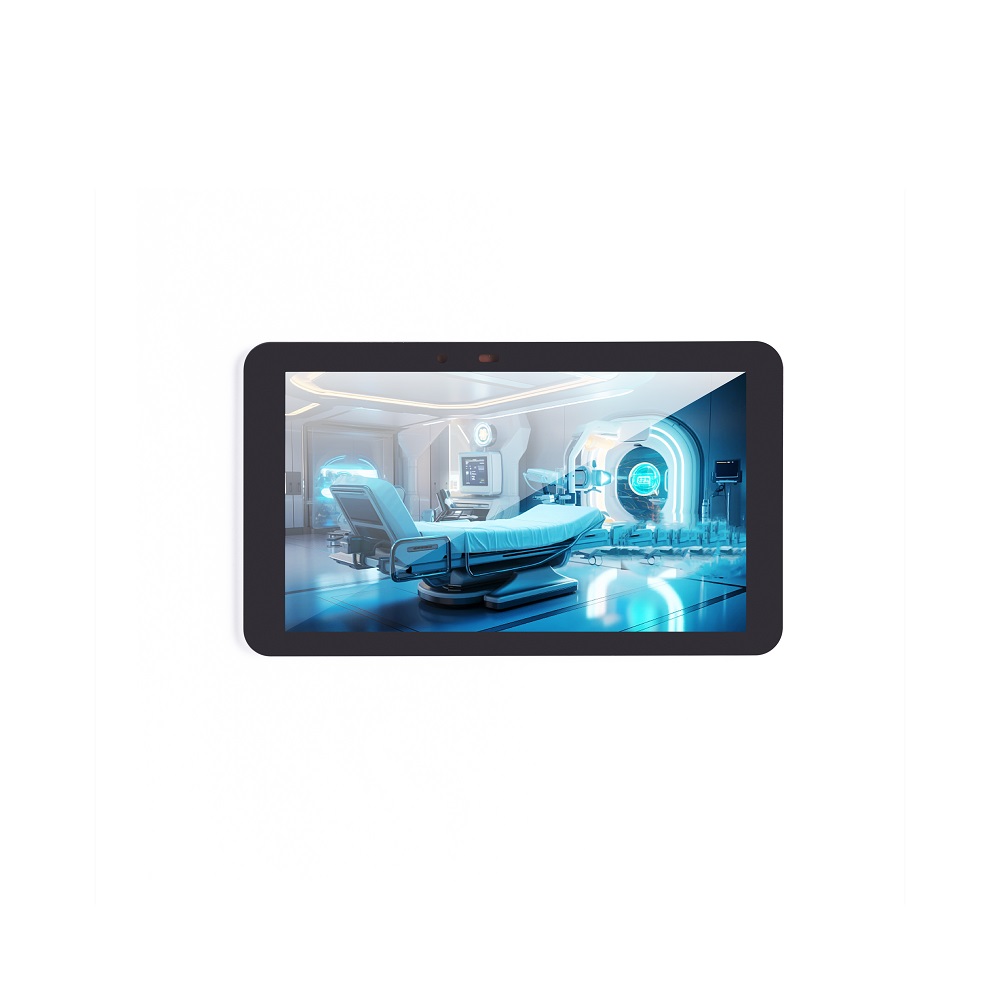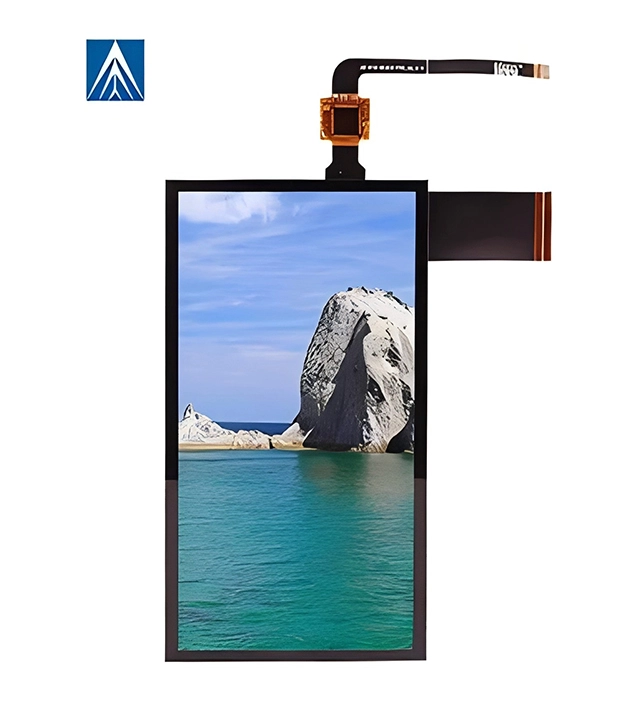OLED (Organic Light-Emitting Diode) represents a revolutionary advancement in display technology, offering significant improvements over traditional LCDs. At Tianzhengda, we closely follow cutting-edge trends to deliver display solutions that meet the evolving needs of industries worldwide.
Unlike LCDs, OLED displays emit light through organic materials when an electric current passes through them. Each pixel is self-luminous and can be turned on or off independently, allowing for more precise control of brightness and contrast. By adjusting the intensity of red, green, and blue sub-pixels, OLED panels can deliver vivid, lifelike color performance without the need for a backlight.

PMOLED (Passive Matrix OLED)
Ideal for smaller screens like fitness trackers, this type is simple and cost-effective.
AMOLED (Active Matrix OLED)
Featuring a thin film transistor (TFT) controlling each pixel, AMOLED displays are widely used in smartphones and TVs due to their fast response times and superior quality.
Flexible OLED
Built on bendable substrates, these displays are perfect for foldable smartphones, curved screens, and next-gen wearable tech.
If you're looking for a compact yet powerful solution, our oled display 5 inch modules offer a balance of clarity, flexibility, and energy efficiency.
Ultra-thin structure: No backlight means displays can be under 1mm thick
High contrast ratios: Deep blacks and vibrant colors with theoretical ∞:1 contrast
Wide viewing angles: Up to nearly 180 degrees
Fast response time: As quick as 0.1ms, ideal for high-speed content
Power-saving: Black pixels draw no power, enhancing energy efficiency
Flexible design: Enables folding and bending for unique form factors
OLED displays are already transforming various industries. You’ll find them in:
High-end smartphones
OLED televisions
Smartwatches and fitness bands
VR/AR headsets
Automotive displays
Foldable and wearable electronics
At Tianzhengda, we support bulk needs with both oled display wholesale and lcd bulk supply options for manufacturers seeking scalable, high-performance display solutions.

While OLED has numerous advantages, the technology still faces several challenges:
Longevity: Different colored organic materials degrade at different rates
Burn-in risks: Prolonged display of static images may cause image retention
Cost: Large OLED panels remain expensive to produce
Brightness limitations: May be less visible in direct sunlight compared to some LCDs
Despite these hurdles, OLED continues to evolve. With advances in material science and manufacturing, the future looks bright—and flexible. Whether you're exploring new lcd application or looking to transition to OLED, Tianzhengda is here to support your innovation journey.
